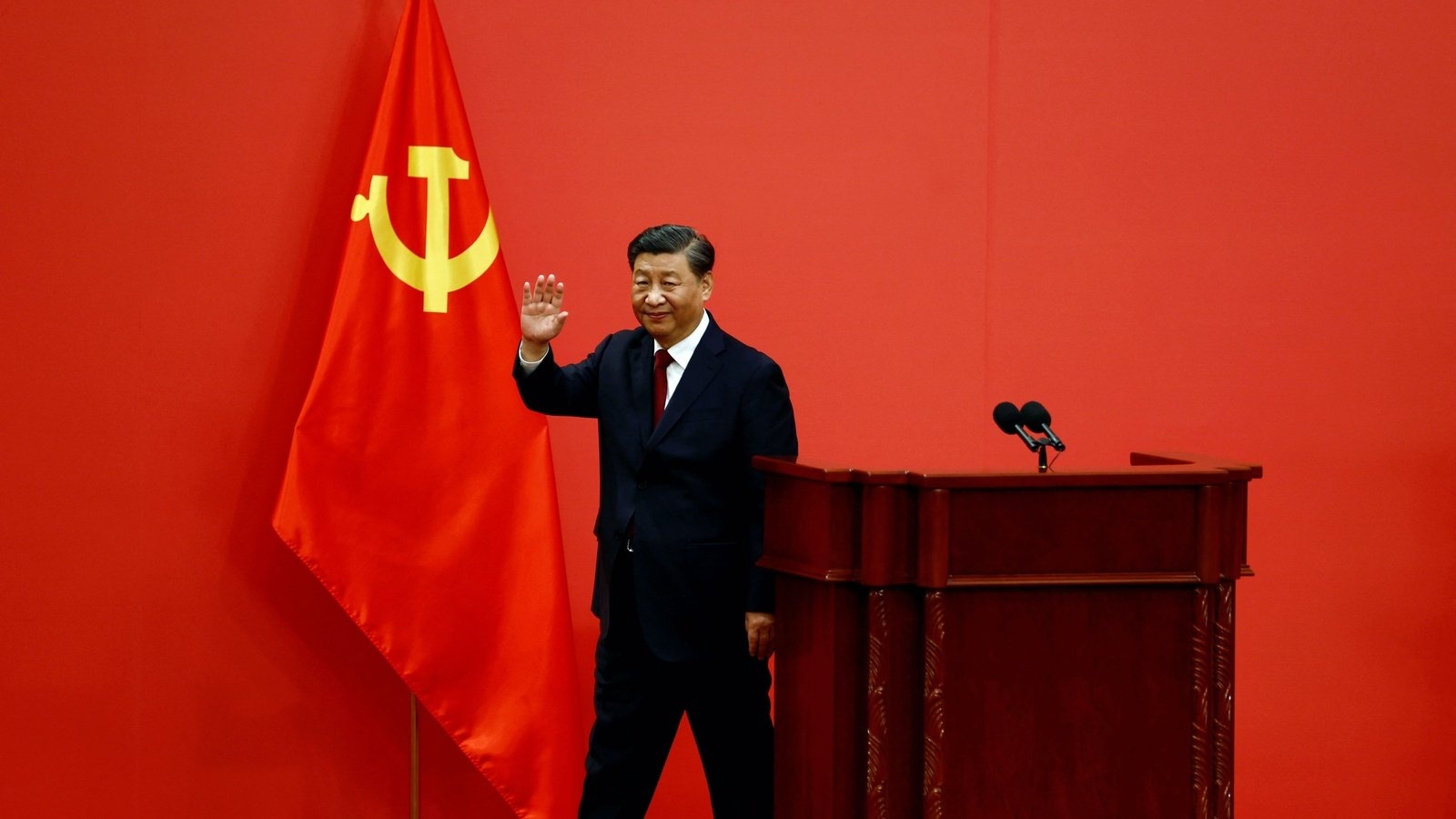Chinese diplomats, bureaucrats, and the creamy layers of society are generally elegantly dressed in Western outfits — suit and tie. The Western attire makes the Chinese look smarter. Adopting the Western dress code for men does not “undermine the spirit of Chinese people.”
Proposed changes to a Chinese public security law to criminalize comments, clothing, or symbols that “undermine the spirit” or “harm the feelings” of China have triggered the concern of legal experts in China who say the amendments could be used arbitrarily.
Banning a detrimental speech may be debated, but the contours of China’s “dress spirit” are unclear. Is it gender specific because the Kimono, the traditional, beautiful dress of Japanese women, also comes under the hammer of new security laws in China?
Recently, China released a swathe of proposed changes to its public security laws – the first reform in decades.
What necessitates bringing in new laws, particularly in public security? Where and how is China’s public security under threat, necessitating the imposition of curbs on civil and individual rights? Chinese civil society asks questions like these.
First, what new laws are under consideration, and where do these emanate? The laws suggest that people who wear or force others to wear clothing and symbols that “undermine the spirit or hurt the feelings of the Chinese nation” could be detained for up to 15 days and fined up to 5,000 yuan ($680).
Reaction
Reflecting on the essence of the new laws, we find that these are retaliatory measures. But retaliation to what is the crux of the issue. Evidently, public concerns mount about the increasingly authoritarian and nationalistic rule of China’s president, Xi Jinping, after he secured a third term of presidentship.

Several law experts and bloggers wrote editorials or social media posts strongly suggesting removing specific articles from the draft. Zhao Hong, a law professor at the China University, said the draft lacked legal clarity and the potential for abuse of public authority.
The article was quickly taken down from the online paper. About 39,000 people have pointed out through the websites the lack of legal clarity in the draft.
Rising criticism of the government for wasteful economic extravaganza of feigning to feed the de-colonized third world countries, and also the deepening dissatisfaction among the people over regimentation of Chinese society, including curtailment of civil liberties, are bringing pressure on the administration, which now uses the option of taking recourse to over tightening of public security laws.
Apprehensions
Amendments to public security laws could lead to more censorship. One person said on Weibo, “Today they can prevent you from wearing certain clothes, tomorrow they can prevent you from speaking, then the day after they can prevent you from thinking.” That is how totalitarianism works its way into a victimized society.
People question how law enforcers can unilaterally determine when the nation’s feelings are hurt. Controversial as the new laws are, these could be abused and used arbitrarily. We know how the blasphemy law is grossly abused in Pakistan, so much so that a Governor of Punjab province lost his life for supporting human values.
The clothing law has drawn an immediate reaction from the people. They consider it excessive and absurd. The proposed suggestion is that those who create or disseminate articles or speeches that do so could also face the same punishment.
The proposed legal changes also forbid “insulting, slandering or otherwise infringing upon the names of local heroes and martyrs” and vandalism of their memorial statues.
Conclusion
Thus, we find the administration wanting to reach far beyond the dress code and encompass various activities of the people routinely accepted in a regular democracy but taken as a threat to the very foundation of a totalitarian regime. To speak or write critically on the policy and planning of the government is a red rag to the bull.
Legal luminaries in the country, reacting to the proposed slew of new laws, complain about the vague phrasing of the law. What does the phrase “hurting national feelings” mean exactly? Will adopting Western attire count towards hurting the national feeling? Marxism originated in the West.
By the standards outlined in the draft bill, will it also count towards hurting the spirit of the Chinese nation? The slew of proposed laws indicates confusion and chaos in the Chinese think tanks about reconciling Xi’s authoritarianism with the spirit of freedom straddling the entire Global South.
- KN Pandita (Padma Shri) is the former Director of the Center of Central Asian Studies at Kashmir University. Views Personal.
- Mail EurAsian Times at etdesk(at)eurasiantimes.com
- Follow EurAsian Times on Google News